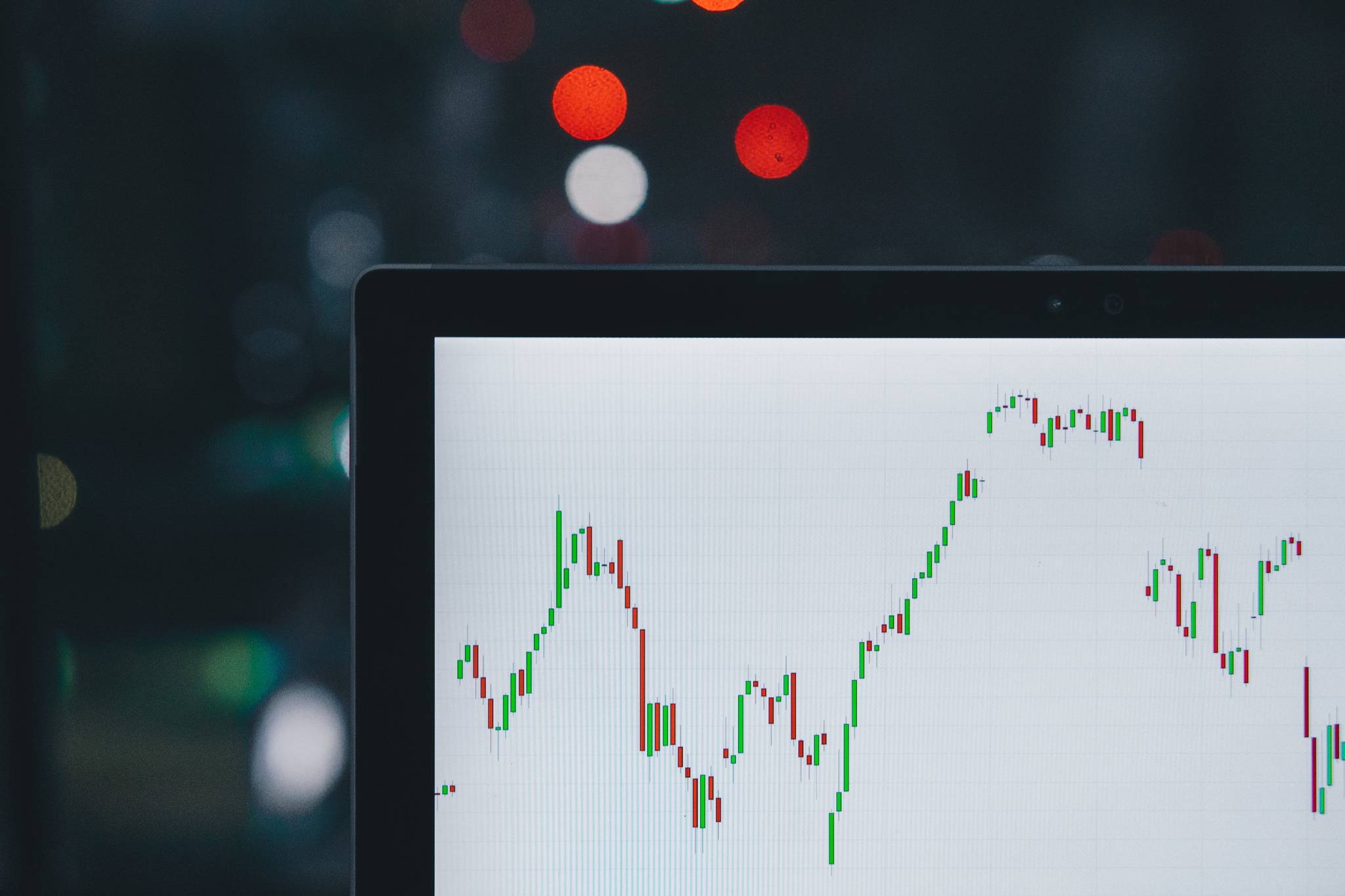“If dollars used as up-front capital to develop fields are sucked up in taxes, the fields will not be developed. If taxes are lower elsewhere, businesses will shift their focus elsewhere.” And that, according to three Republican legislators, is why passage of Ballot Measure 1 puts our Permanent Fund Dividend “at tremendous risk.”
Sens. Mia Costello, R-Anchorage; Shelley Hughes, R-Palmer; and Rep. Mike Prax, R-North Pole; referred to that statement as Economics 101. But no serious economic curricula would describe tax policy in such simple, absolute terms. One can only arrive at it through an uncompromising allegiance to a form of dysfunctional libertarianism.
And that’s what is putting the future of the PFD in jeopardy.
To gain an appreciation for the true complexities of economic theory, consider that the University of Alaska offers 10 undergraduate courses on the subject.
Public finance delves into justifications for government taxation, spending and debt, including their impact on economic growth. Public expenditure analysis examines the purpose and economic effects of government expenditures. Economics 101 is woefully inadequate to meet the prerequisites for enrolling in either class.
Costello and Hughes weren’t elected for their expertise in economics though. They have none. Neither does Prax, who was appointed to a vacant seat in February by Gov. Mike Dunleavy. But they and the governor are fully committed to the illusion the state budget can be balanced by spending cuts alone while paying out the full statutory PFD.
Most Alaskans understand the state needs new sources of revenue. That’s one of the reasons the Alaska North Slope Oil Production Tax Increase Initiative is on the ballot. The other is the oil tax law passed in 2013 gave the oil companies too big of a tax break.
SB21 replaced ACES, the law enacted by Gov. Sarah Palin. Because it was more competitive with the tax policies of other states, North Slope producers were supposed to invest more in Alaska, thus putting more oil into the pipeline and increasing state revenue.
It never happened.
Oil prices tanked too soon to declare SB21 had failed on the production side. But the competition argument was flawed. The oil investment boom experienced by states down south but not in Alaska was primarily due to advances in hydraulic fracturing, or fracking. It made those easier to access fields more profitable.
On the tax side, SB21 went beyond making Alaska competitive. According to a 2018 study of industry taxation in Oklahoma, the effective tax rates here are now lower than most. Significantly lower than Wyoming, Montana, Louisiana and New Mexico. They all produce as much or more oil than Alaska. And none lost business to Alaska after our taxes became lower.
Ultimately, tax policy plays a much smaller role in production than the price of oil. Which, as we’ve recently witnessed, is very much influenced by supply and demand. Exactly as one would learn in Economics 101.
Costello and others recognize that “oil prices have cratered and state revenues have slumped.” But they believe “the PFD problem has been a lack of spending restraint,” not tax policy.
Their entire argument follows what Brink Lindsey describes as a libertarian “one-size-fits-all prescription of cutting taxes, government spending, and regulatory costs imposed on business” that looks “increasingly irrelevant, if not like outright quackery.”
Lindsey is a serious economist and libertarian. He spent two decades at the Cato Institute, where he served as vice president for research and directed regulatory and trade policy studies. He’s written several books on economic subjects likely too dense for Costello, Hughes, Prax, Dunleavy and me.
Last month, Lindsey wrote a three-part essay that took libertarian ideologues to task for becoming “devoted exclusively to stopping government from doing things it ought not to do” while having nothing to contribute “to making government strong enough and capable enough to do the things it needs to do.”
A “flourishing market economy requires, not small government, but high-quality government” Lindsey wrote. “The private sector and the public sector are not antagonists … The health of the former depends on the health of the latter.”
That’s why Alaska residents should be willing to give up part of the PFD. Why the oil companies should pay higher taxes. And why Dunleavy and those like him in the Legislature need to be voted out of office.
• Rich Moniak is a Juneau resident and retired civil engineer with more than 25 years of experience working in the public sector.Columns, My Turns and Letters to the Editor represent the view of the author, not the view of the Juneau Empire. Have something to say? Columns, My Turns and Letters to the Editor represent the view of the author, not the view of the Juneau Empire. Have something to say? Here’s how to submit a My Turn or letter.

